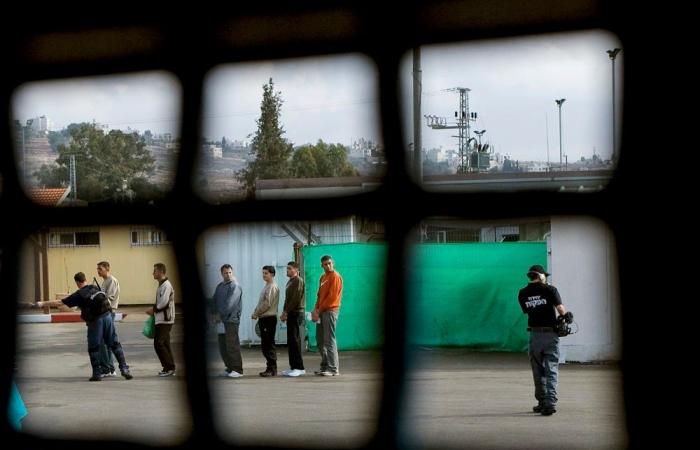The Israeli internal security service (Shin Bet) has established a strict framework for the release of Palestinian prisoners in exchange for hostages. Under the leadership of its head Ronen Bar, the agency has outlined unyielding red lines aimed at minimizing security risks to Israel.
“No compromise on symbols of terrorism” is the main directive issued by the Shin Bet. The agency has thus established a “veto list” categorically excluding certain categories of prisoners: the heads of organizations, senior leaders and the perpetrators of major attacks cannot be released under any circumstances.
The profile of detainees is subject to meticulous analysis. Age constitutes a determining criterion, the objective being to limit the release of prisoners old enough to resume terrorist activities. Authorities pay particular attention to the specific skills of detainees: experts in explosives or those with “unique expertise” in terrorism are automatically excluded from the process.
On the other hand, the Shin Bet favors the release of detainees with serious pathologies, thus adopting a selective humanitarian approach. “Life prisoners”, sentenced for acts involving human losses, are subject to particularly rigorous scrutiny.
The agency proposed including hundreds of Gazans arrested during recent ground operations in the list, provided they did not participate in the October 7 attacks. This proposal aims to facilitate negotiations while maintaining established security principles.
The security services have planned a reinforced surveillance system for ex-detainees after their release. A monitoring system will be put in place, both in the Gaza Strip and abroad, to detect any resumption of terrorist activities.
Negotiations in Qatar were marked by significant tensions over certain names claimed by Hamas. Thanks to “creative solutions” in the words of the negotiators, developed jointly by the Shin Bet, the Mossad and the IDF, a compromise was found without giving in on the cases deemed the most sensitive.






